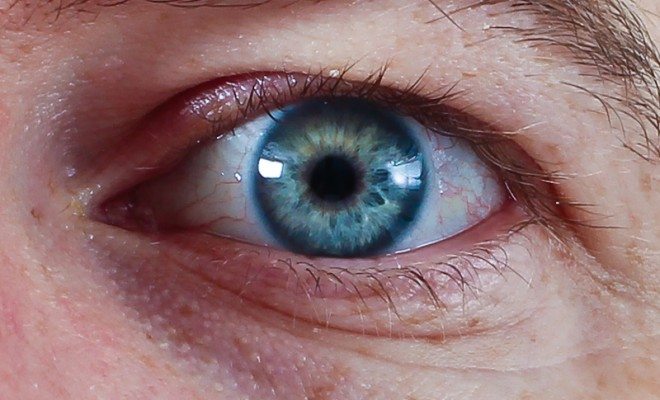 Image courtesy of [Don Johnson via Flickr]
Image courtesy of [Don Johnson via Flickr]
Law
False Confessions and Sleep Deprivation: New Study Shows Worrisome Link
False confessions happen, and they happen with a surprising and baffling frequency–approximately 25 percent of wrongful convictions involve some sort of false confession. We know some of the reasons that false confessions occur, including police coercion, but the psychology of why there are so many false confessions remains fuzzy. But a new study conducted at Michigan State University may shed some light on that question–it’s really pretty easy to get a false confession out of an individual who is sleep deprived.
Kimberly Fenn, who runs the sleep lab at Michigan State University and Elizabeth Loftus, a psychologist at the University of California-Irvine, were joined by two of their former PhD students for the study. The study involved 88 student participants who were asked to complete simple computer tasks, but were warned not to press the “escape” key on the keyboard. The researchers told the participants that if they hit that key, the data from the study would be lost. Then, they made half the students stay up all night, while the other half got a full night’s sleep. The next morning, they were interrogated about whether or not that they had pressed the escape key and erased all that data. According to the study, 50 percent of the participants who were sleep-deprived gave a false confession when first asked, in comparison to the 18 percent of not-sleepy students. When a second opportunity was given, 68.2 of the sleep-deprived subjects confessed to something they didn’t do, in comparison to 38.6 of the well-rested participants.
While it may not make sense to most of us why someone would give a false confession, being interrogated is often exhausting and frustrating, and sometimes abusive, and individuals may just want it to stop. So, a person being interrogated may give a false confession just to get the interrogator off their backs, assuming that because they’re obviously not guilty it won’t really matter and their innocence will be quickly discovered. Saul Kassin of Williams College explained:
There are two types of false confessions that come about from police interrogation…These are situations in which people who know they are innocent reach their breaking point. They are under stress and will do whatever it takes to escape the immediate short-term punishing situation—even if it involves a possible negative consequence later.
He also told Smithsonian Magazine that another way that false confessions come about is that someone becomes convinced of their own guilt based on the evidence he is shown and “internalizes” it. Sleep deprivation could play a role in both of those types of false confessions, and it’s fairly common for suspects to be interrogated for long periods of time or at night. According to the Innocence Project:
The report says that around 17 percent of custodial interrogations happen between the normal sleeping hours of midnight and 8:00 a.m., and that the majority of false confessions occur during interrogations which last longer than 12 hours, with many lasting longer than 24 hours.
So, will we start seeing a change to the way that police interrogate suspects? Maybe, although this study on students obviously isn’t a perfect match to the conditions faced by potential suspects. But it does shed some light on a phenomenon that can be hard to understand–and that’s going to be a first step to combatting the alarmingly high number of false confessions in the U.S.








Comments